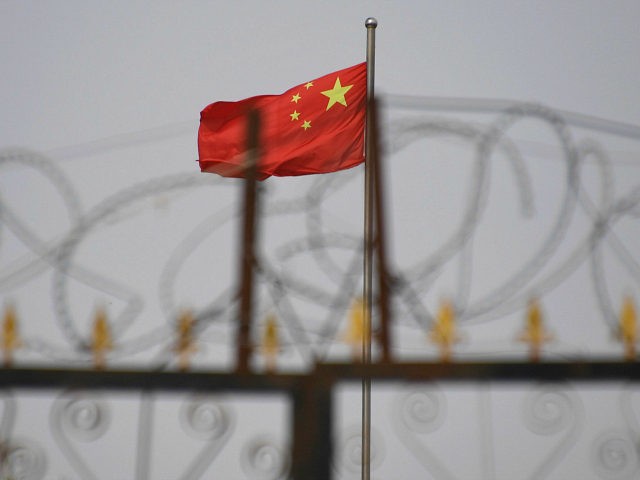Mohd Asri bin Zainul Abidin, an influential cleric and top Islamic jurist in the Malaysian state of Perlis, spoke from the sidelines of an Islamic summit in Kuala Lumpur this weekend to call for a boycott of Chinese products to protest China’s abuse of the Uyghur Muslims of Xinjiang province.
Mohd Asri called for a decision to be made by “the highest level of Muslim countries and the ulama,” meaning Islamic religious authorities, to stand up for the Uyghurs and call out China for oppressing them.
“We should do something, because they are our brothers and sisters,” he said.
“We need to go to the extent of boycotting China’s products. They know the strength of our purchasing power,” Mohd Asri advised.
The Uyghur issue is highly contentious in the worldwide Muslim community, and within international bodies such as the Organization of Islamic Cooperation (OIC), because many Muslim leaders have either remained silent or endorsed China’s actions as reasonable steps to combat extremism in Xinjiang province.
Uyghur leaders and advocates have encouraged applying the kind of economic pressure against China that Mohd Asri called for. Before the Malaysia summit began, some observers suggested a willingness to forthrightly address the Uyghur issue could help the meeting distinguish itself from the OIC and avoid looking redundant or irrelevant.
Al-Jazeera’s report on Mohd Asri’s remarks included some discouraging words from participants who said Malaysia summit attendees are largely afraid of China or have been paid off by Beijing:
Muhamed Ljevakovic, a speaker at the Kuala Lumpur summit from Bosnia Herzegovina, said most of the participating countries are “friends of China”, so there is “no chance” to confront Beijing more forcefully on the Uighur issue.
“Friends are supposed to tell each other the truth, and friends are supposed to tell them that what is going on right now is not good for China, and of course not good for the Uighurs. But people are afraid to speak their minds,” he told Al Jazeera.
“That is why we did not receive a full resolution here because people are trying to diplomatically say nothing.”
Malaysian Prime Minister Mahathir Mohamad explained in September that the Uyghurs cannot expect much help from Muslim nations because “China is a very powerful nation” and would retaliate economically against stern criticism.
“You don’t just try and do something which would fail anyway, so it is better to find some other less violent ways not to antagonise China too much because China is beneficial for us. Of course, it is a big trading partner of ours and you do not want to do something that will fail, and in the process, also, we will suffer,” he said.
Mahathir pointedly declined to mention the Uyghurs in his speech to the U.N. General Assembly in September, although he later told the Council on Foreign Relations his country granted asylum to a handful of Uyghur refugees and refused to extradite 11 of them to China.
President Recep Tayyip Erdogan of Turkey was a prime mover behind the Malaysia summit. On Friday, thousands of demonstrators marched in support of the Uyghurs in Istanbul, brandishing slogans such as “Stop the Cruelty” and “Murderer China, Get Out of East Turkestan” (the name Uyghurs commonly use for the Xinjiang region.) The issue became especially pressing in Turkey after Turkish-born soccer star Mesut Ozil voiced support for the Uyghurs last week.

COMMENTS
Please let us know if you're having issues with commenting.